
The international media center for APEC 2023 opens on Sunday in San Francisco in the United States. This year's Asia-Pacific Economic Cooperation forum's Economic Leaders' Meeting will be held later this week. (FENG YONGBIN/CHINA DAILY)
Principles, people-to-people exchanges urged by Xi keep Sino-U.S. relations afloat
Beijing and Washington are busy working together for a key bilateral meeting in San Francisco this week, following rosy signs in the past year, such as increased high-level and working-level contacts between the two governments, that the China-United States relationship is being stabilized after hitting a record low.
Behind such progress is the fact that China, as led by President Xi Jinping, has further developed and built on a set of methodologies for effectively handling its relations with the U.S. in the new era, analysts said.
At the center of this approach is Xi's proposal of the three principles for approaching China-U.S. relations — peaceful coexistence, mutual respect and win-win cooperation, the analysts said.
When meeting with a bipartisan U.S. Senate delegation led by Majority Leader Chuck Schumer last month in Beijing, Xi reiterated the three principles, saying that "planet Earth is vast enough to accommodate the respective development and common prosperity of China and the U.S.".
Diao Daming, a professor at Renmin University of China's School of International Relations, said, "Beijing has been faithful and consistent in acting on the three principles as proposed by President Xi, which is an overarching philosophy.
"Cooperation is the only right path forward, and there is a widespread sincere wish in U.S. communities to see the two nations move toward the same goal and yield greater benefits by fulfilling these three principles," Diao said.
The increase in visits to China in recent months by high-level U.S. officials also illustrates Washington's efforts to nurture more highlights of collaboration and to better stabilize the ties, he added.
The Chinese president has always been an earnest advocate of exchanges between the two countries at various levels, including official contacts and public diplomacy.
In the past several months, Xi has met with U.S. federal and state officials, including Secretary of State Antony Blinken and California Governor Gavin Newsom, as well as prominent figures who have made remarkable contributions to Sino-U.S. relations, such as former U.S. secretary of state Henry Kissinger.
Blinken said the U.S. is committed to responsibly managing its relationship with China, as "it's in the interests of the United States, in the interests of China and in the interests of the world".
Xi also sent several reply letters or messages to organizations, individuals or events focused on the bilateral friendship, such as the Fifth China-U.S. Sister Cities Conference in Suzhou, Jiangsu province, this month.
Among remarks he made on two-way exchanges, four key points that aim to improve China-U.S. relations and create an enabling atmosphere stand out. "The foundation of China-U.S. relations lies among the people, the hope is in the people, the future lies in the youth, and the vitality lies in subnational areas," he said.
His efforts and words have triggered positive responses from all walks of life in both countries.
David Chong, founder and president of the U.S.-China Youth and Student Exchange Association, co-signed a letter in July from his association and friendly people in Washington state, which the Chinese president replied to in August.
Chong told China Daily that they sent Xi the co-signed letter because they were inspired by Xi's meeting in June with Bill Gates as well as by Xi's remark that "the foundation of China-U.S. relations lies among the people, the hope is in the people".
"We wanted to let President Xi know that there are many people back in the U.S. expecting the friendship to be passed on," he added.
In addition to Xi's personal push, another key impetus for recent signs of stabilization of ties is that China has been steadfastly offsetting Washington's strategy and impulses in recent years to contain and suppress China, prompting it to take steps recently to help cool down tensions, observers said.
"Through recent interactions with Beijing, Washington has witnessed China's resolute approach for securing its own sovereignty, security and development interests, and China has made powerful pushbacks to U.S. provocations," said Su Xiaohui, deputy director of the China Institute of International Studies' Department of American Studies.
"Therefore, the U.S. has had to reconsider how to deal with the China-U.S. relationship. The great focus it has placed on the upcoming presidential meeting is also a response to rising voices back in the U.S. and from U.S. allies for repairing ties with China," she added.
Observers said both sides should fully carry out the important consensus reached by the two presidents in Bali, Indonesia, a year ago, and Washington should effectively rein in negative domestic factors that target China.
'Long way to go"
Chinese Ambassador to the U.S. Xie Feng said in a video speech on Thursday at this year's Hong Kong Forum on U.S.-China Relations that "there remains a long way to go to stabilize and improve the bilateral relationship".
He emphasized that to return to the Bali consensus and move toward San Francisco, more efforts are needed to foster a sound atmosphere, achieve positive outcomes and take solid follow-up actions.
An unnamed senior official of the U.S. National Security Council said on Friday that the goal of the upcoming bilateral meeting is to manage competition, prevent the risk of conflict and ensure open lines of communication.
"China is not afraid of competition, but it opposes the move of using competition to define the (whole of) China-U.S. relations," Foreign Ministry spokeswoman Mao Ning said in response on Monday. The U.S. should not "highlight its own concerns while damaging China's interests", Mao said at a regular news conference in Beijing.
She voiced the hope that the U.S. will carry out its commitments to not seeking a "new Cold War" and having no intention of a conflict with China, and jointly return the relations to the track of sound, stable development.










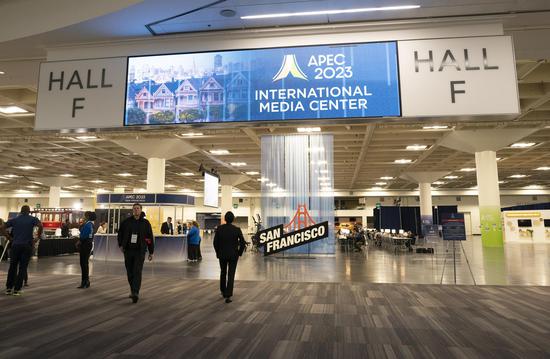
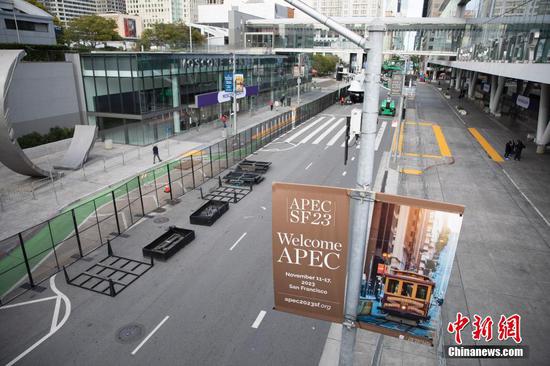


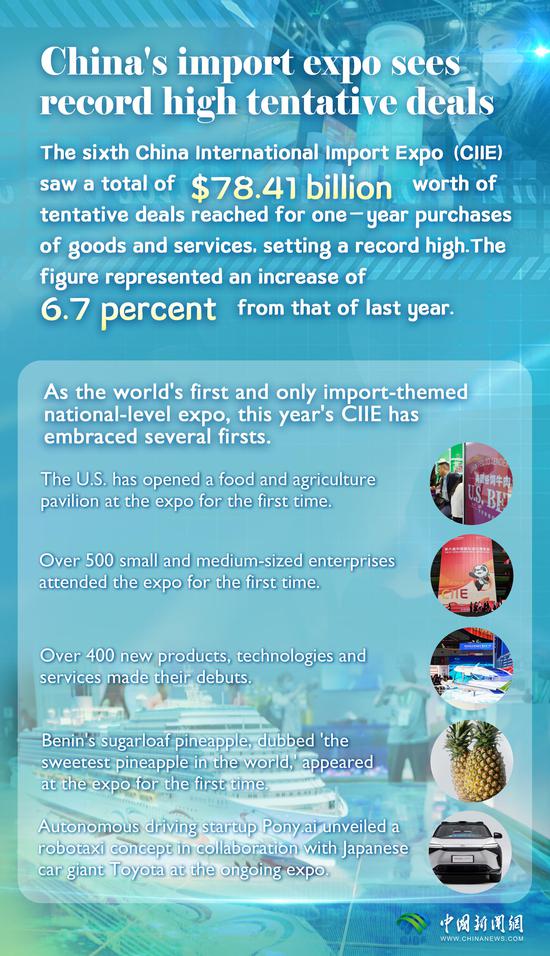
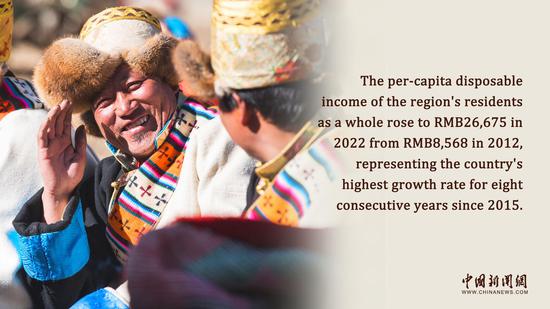

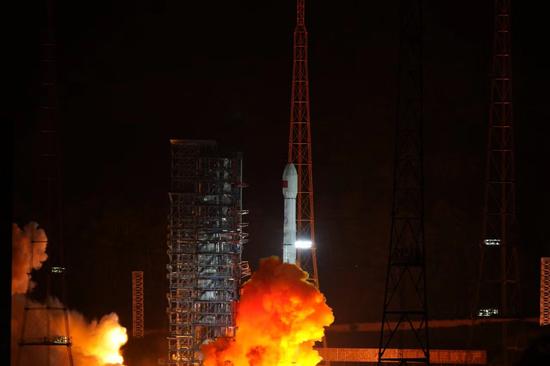
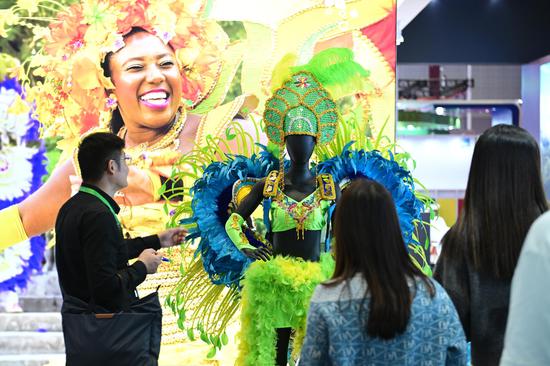
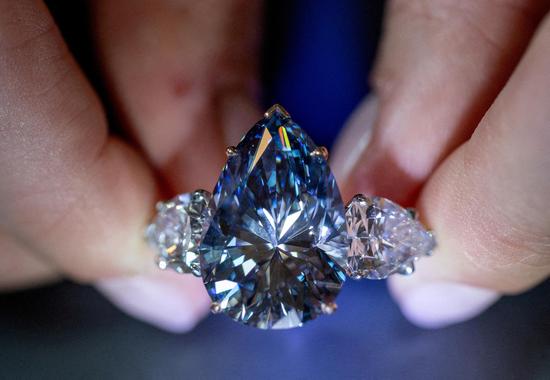

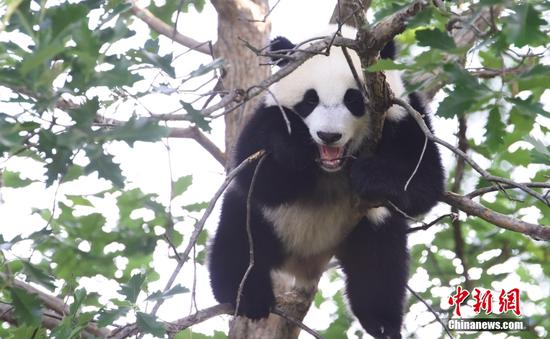


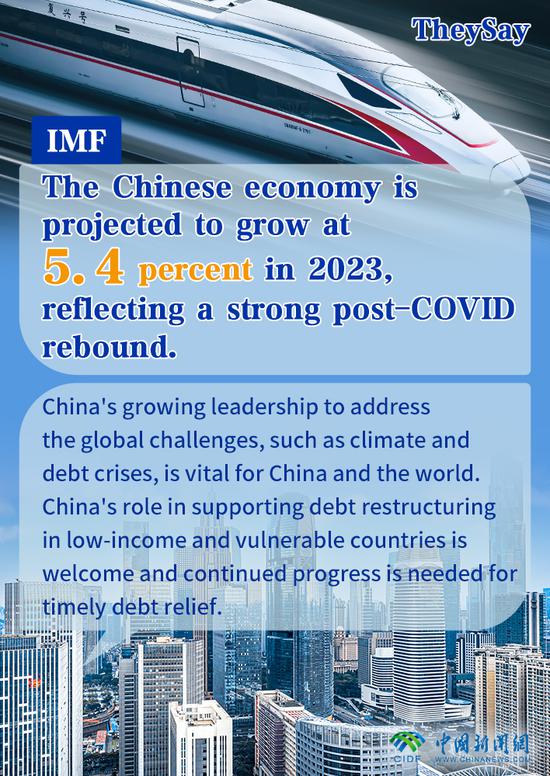
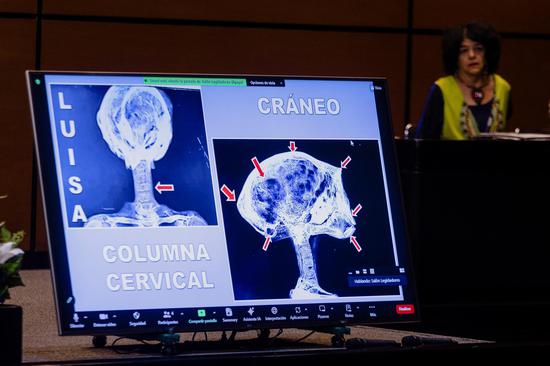

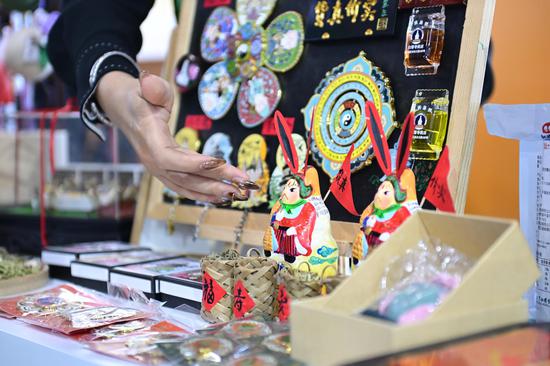

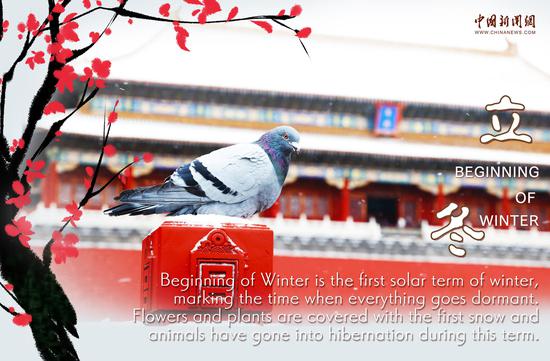
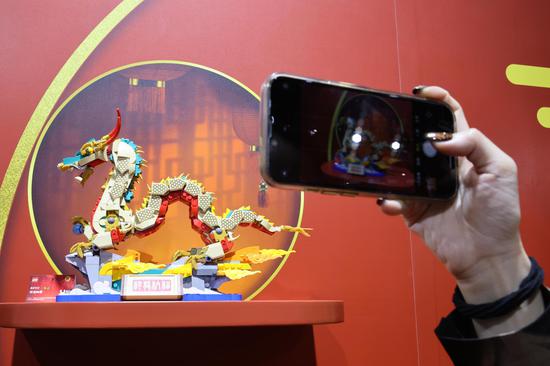

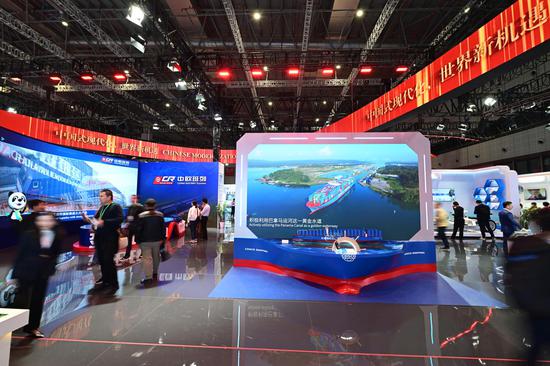
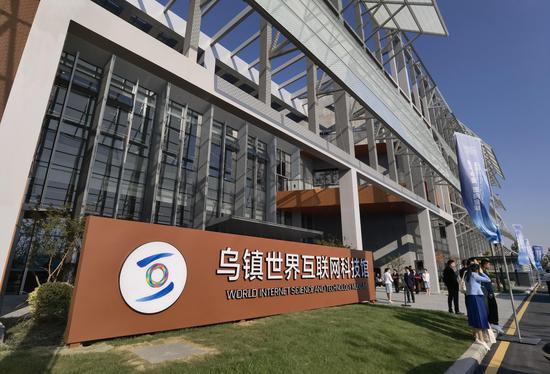


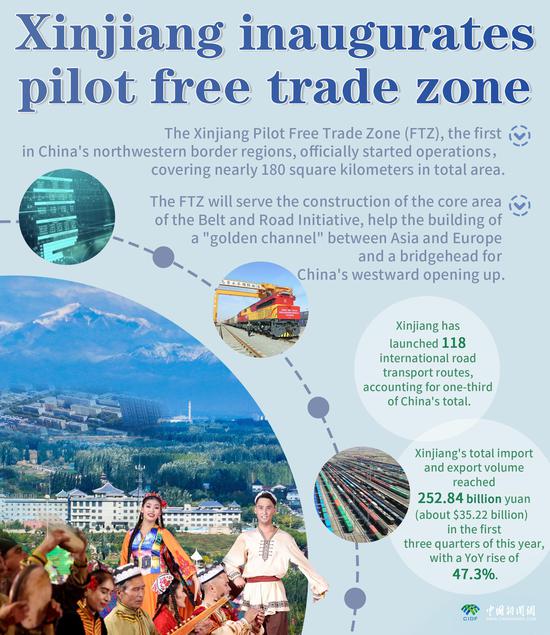
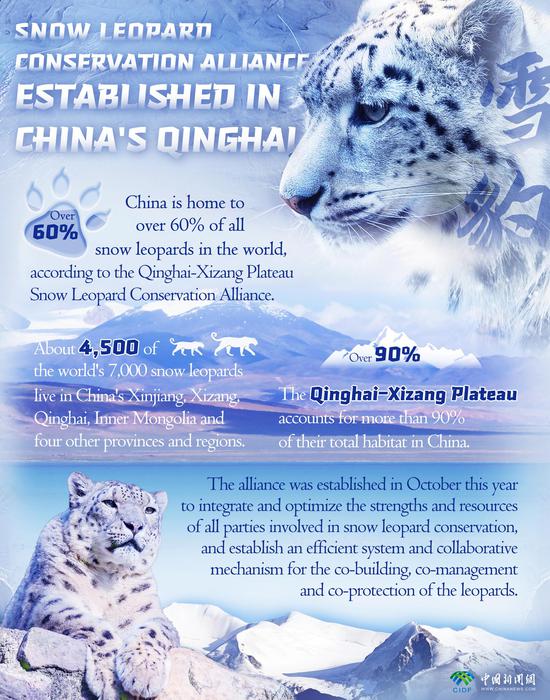


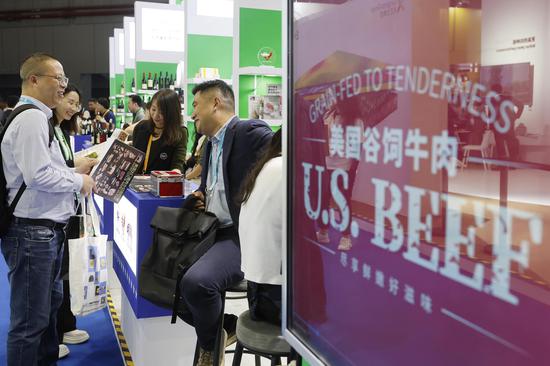

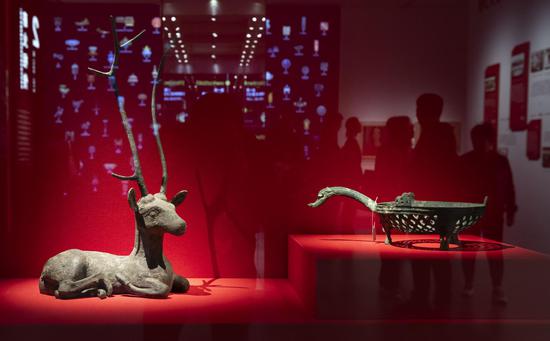







 京公网安备 11010202009201号
京公网安备 11010202009201号